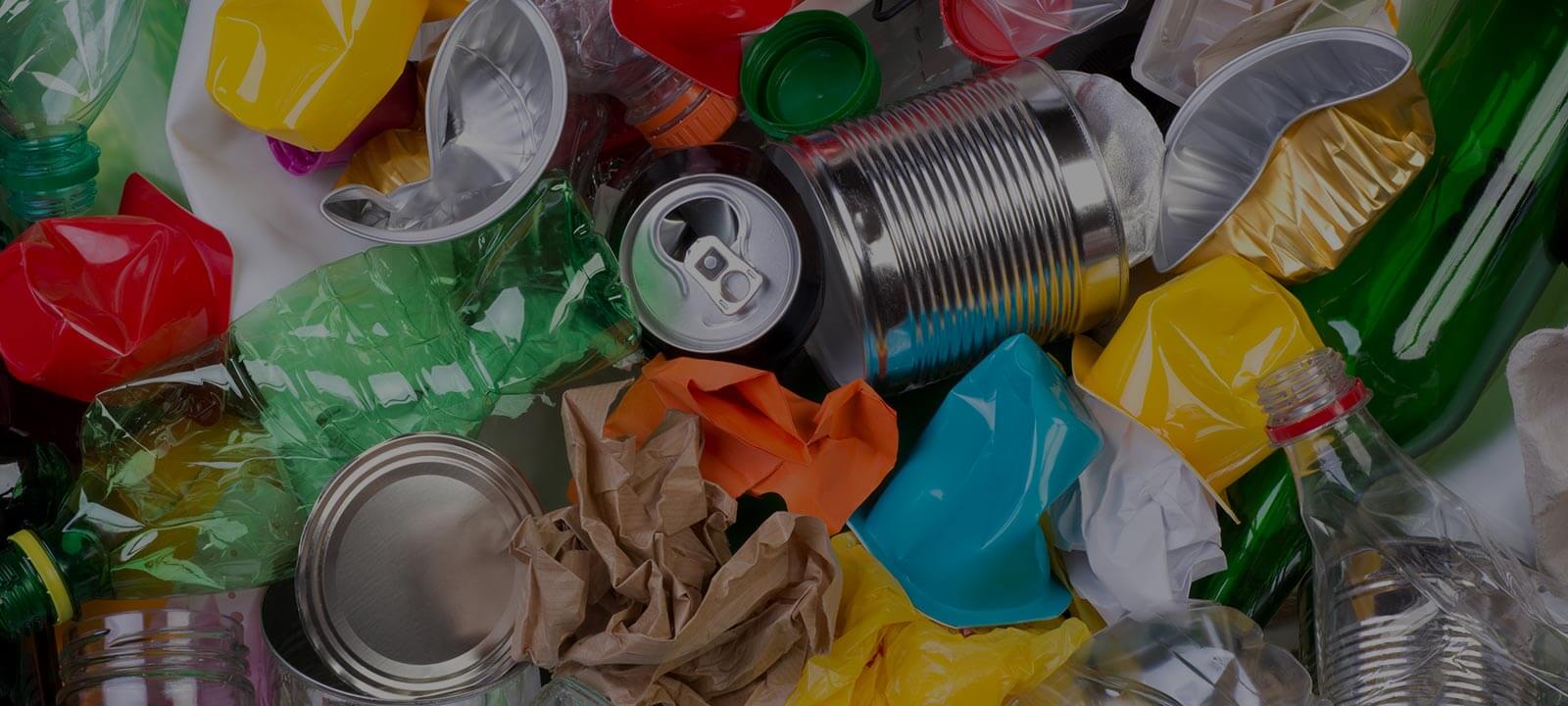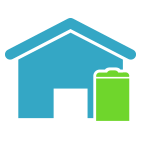Demystifying the Recycling Program in Your Area
Posted on 13/05/2024
The Importance of Recycling
In today's world, where environmental issues are becoming a major concern, recycling has become a vital part of our daily lives. Recycling is the process of converting waste materials into reusable objects or materials. Not only does it help in reducing pollution and saving natural resources, but it also contributes towards creating a cleaner and healthier environment for future generations. However, understanding the recycling program in your area can be confusing and overwhelming at times. In this article, we will demystify the recycling program in your area and provide you with all the necessary information to get started.

Understanding Your Local Recycling Program
The first step to participating in the recycling program in your area is to understand how it works. The most effective way to do this is by checking your local government's website or contacting your waste management department for specific guidelines. Every city or town may have different rules and regulations when it comes to recycling, so it's crucial to know what applies to your area.
Generally, most recycling programs require you to separate recyclable materials from non-recyclables. This means that you need to sort out your paper, plastic, glass, and metal into designated bins or bags before they are picked up for recycling. Some areas also have drop-off centers for specific items like electronic waste and hazardous materials.
Materials That Can Be Recycled
The biggest misconception about recycling is that everything can be recycled. Unfortunately, this is not true. It's important to know which materials can be recycled before tossing them into the designated bin.
Paper products such as newspapers, magazines, office paper, cardboard boxes, and paper bags are generally accepted in most recycling programs. Plastics marked with a recycling symbol can also be recycled, although some areas only accept certain types of plastics such as PETE (polyethylene terephthalate) and HDPE (high-density polyethylene). Glass bottles and jars, aluminum and steel cans, and some types of metal are also commonly accepted for recycling.
The Pros and Cons of Recycling
One of the main benefits of recycling is that it helps in reducing waste in landfills. According to the Environmental Protection Agency (EPA), recycling one ton of paper can save 17 trees, 380 gallons of oil, 3 cubic yards of landfill space, and 4,000 kilowatts of energy. It also reduces the need for extracting new raw materials, which helps to preserve natural resources.
Moreover, recycling also plays a significant role in reducing pollution. When materials are recycled, there is less need for incineration or dumping, which can release harmful toxins into the environment. By recycling, we can also reduce greenhouse gas emissions, contributing towards slowing down climate change.
On the other hand, there are some downsides to recycling as well. The process itself requires energy and resources, leading to additional carbon emissions. Additionally, not all recyclable materials end up being recycled due to contamination or lack of market demand. This can result in more waste being sent to landfills.
Tips for Effective Recycling
To get the most out of your local recycling program, here are some tips to keep in mind:
1. Always rinse out containers before placing them in the recycling bin.
2. Flatten cardboard boxes to save space.
3. Check if your area has curbside pick-up or a drop-off center for specific items like electronics or hazardous materials.
4. Don't recycle plastic bags as they can clog machinery at recycling facilities.
5. Avoid tossing food waste into the recycling bin as it can contaminate other recyclables.

Key Takeaways
Recycling plays an important role in preserving our planet's resources and reducing pollution. To effectively participate in the recycling program in your area, make sure to understand the guidelines and which materials can be recycled. Remember to always separate recyclables from non-recyclables and follow the tips mentioned above for efficient recycling.
In Conclusion
Recycling may seem like a daunting task at first, but understanding and participating in your local recycling program can make a significant impact on the environment. By reducing waste, conserving resources, and reducing pollution, we can all contribute towards creating a cleaner and healthier world for ourselves and future generations. So, let's all do our part in demystifying the recycling program in our areas and helping make the world a better place.










